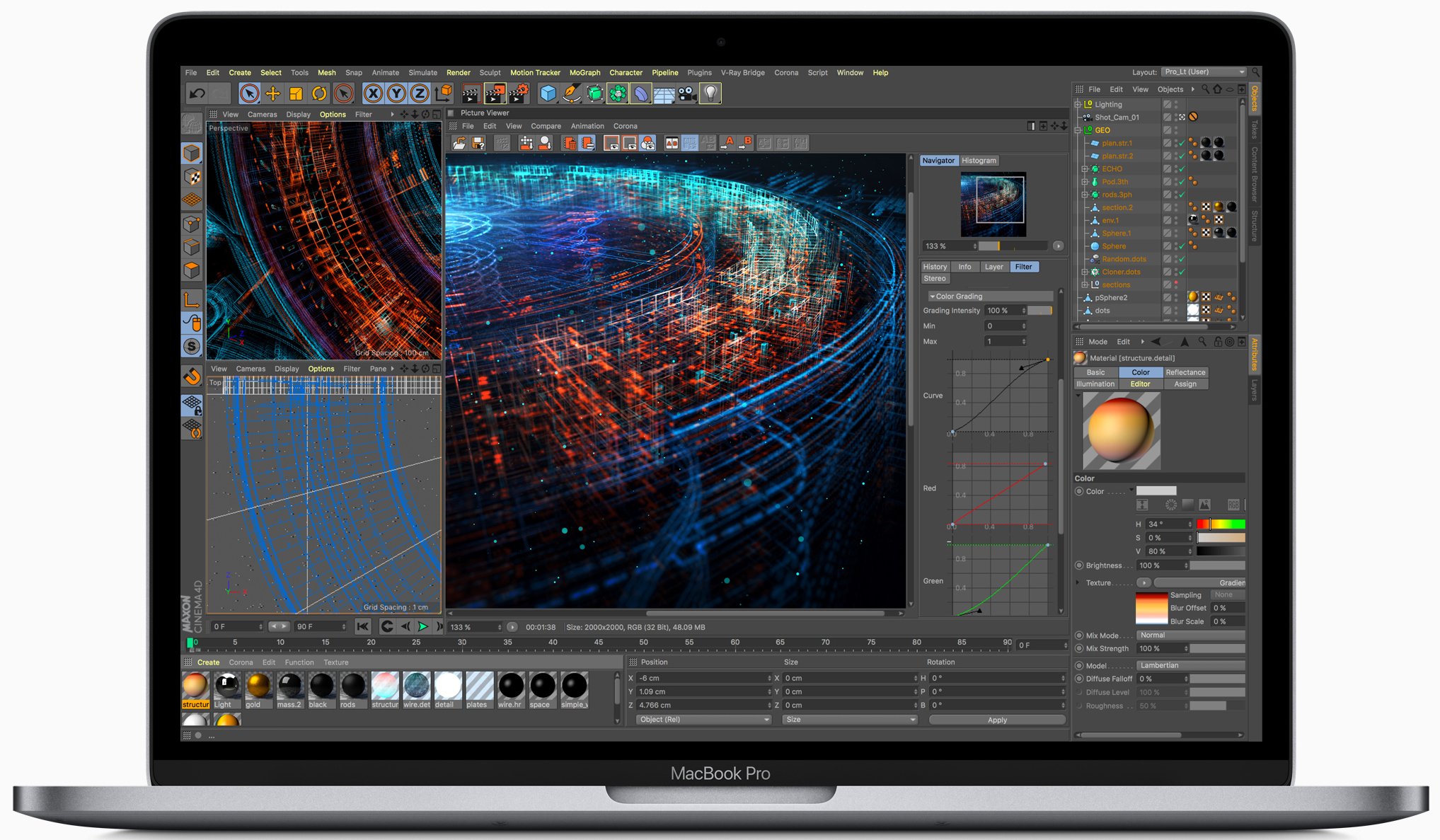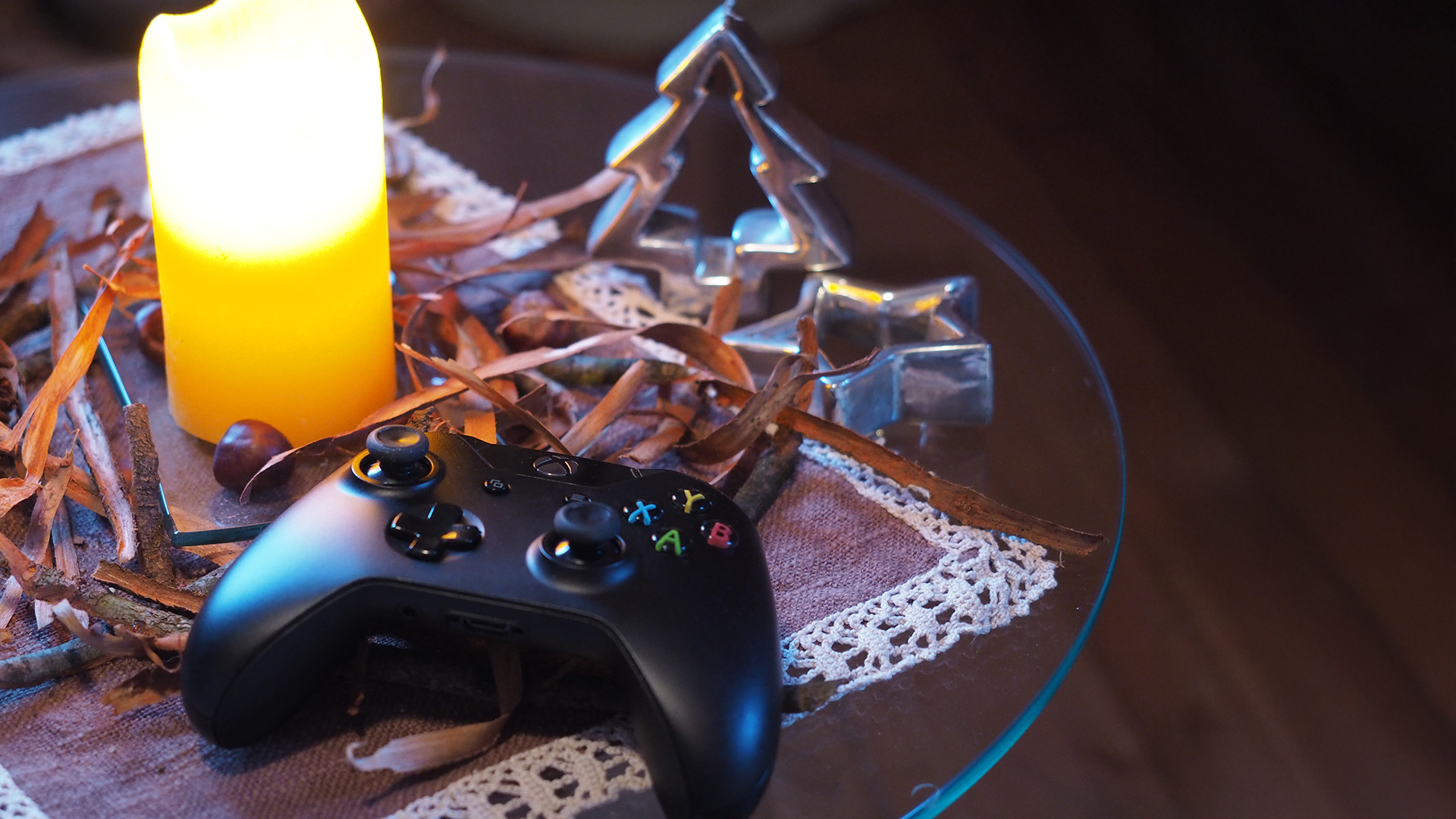ASUS ZenBook Duo vs. MacBook Pro 13-inch: Which is a better buy?
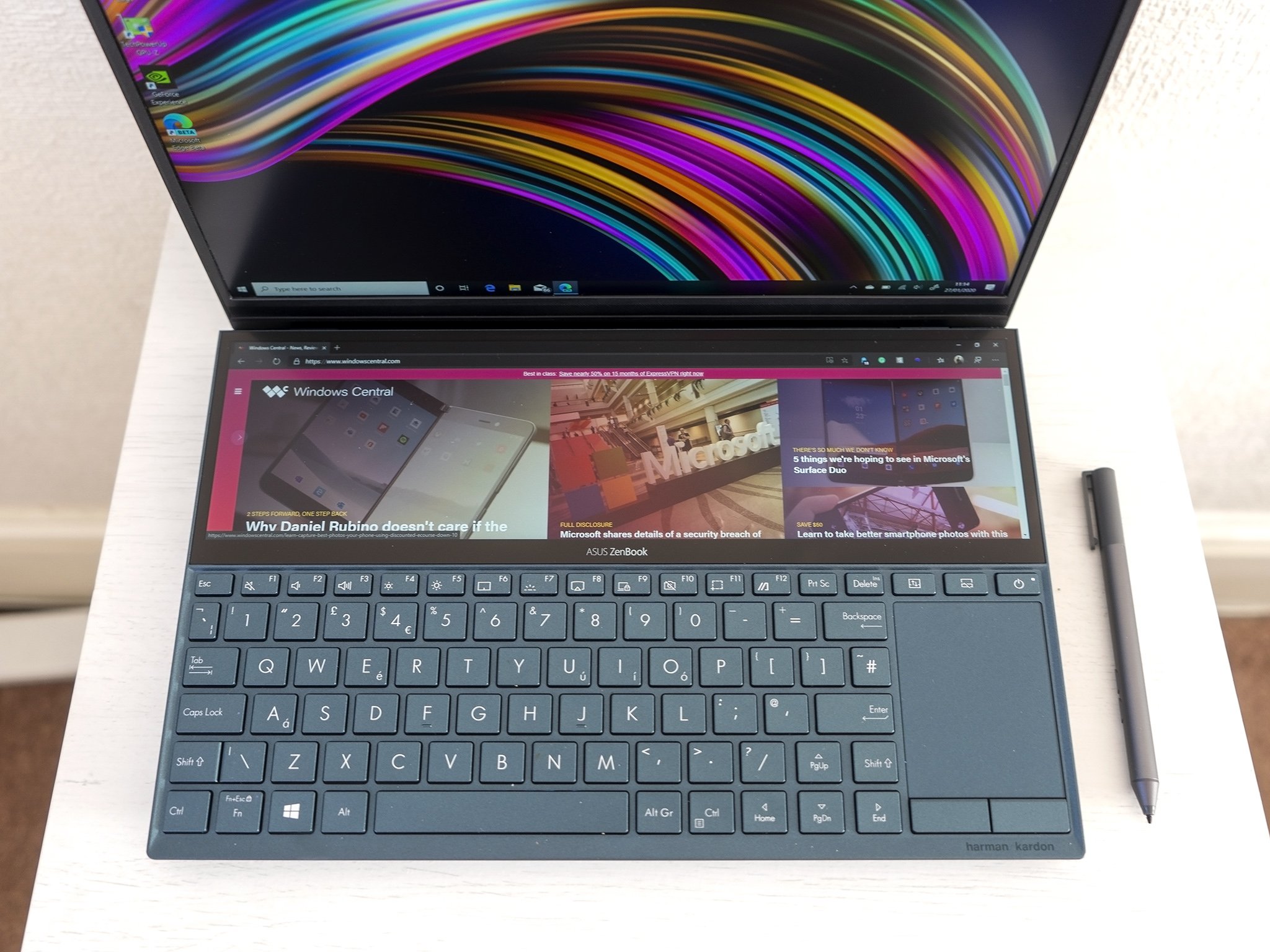
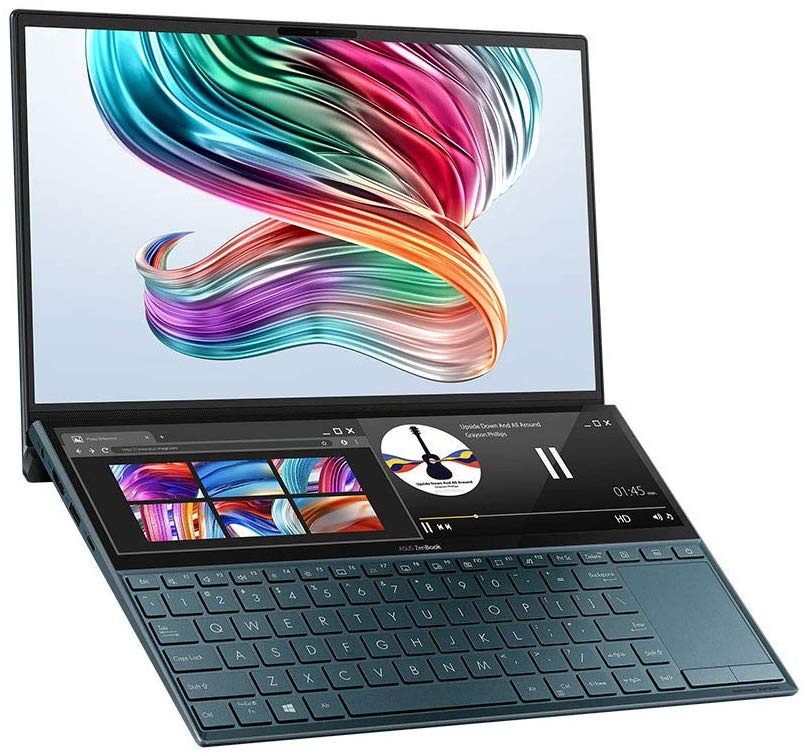
Best for most
The ZenBook Duo is a remarkable laptop at an attractive price, not only boasting the latest and greatest internals but also that extra display panel with a pen that genuinely changes how you use an Ultrabook.
Pros
- Compact
- Secondary display panel
- Attractive price
- Powerful internals
- Included pen
Cons
- Not yet available in the US.
- Quite chunky
- Small trackpad
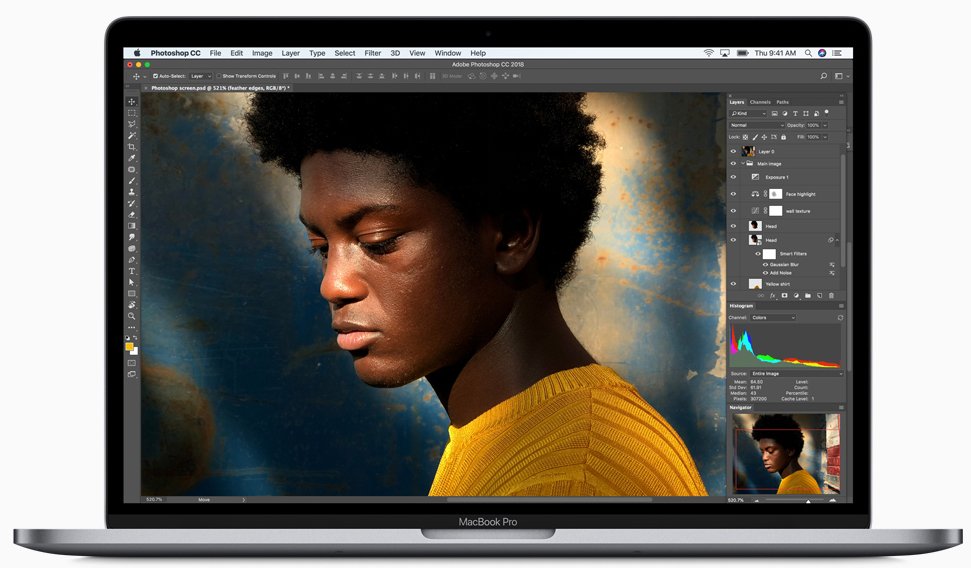
Good for fans
The MacBook Pro is packed with hardware to excite, but all that comes at a high price. It does have some tricks up its sleeve though, not least the support for an eGPU over Thunderbolt 3
Pros
- Stunning Retina Display
- Can run Windows 10
- Thunderbolt 3
- eGPU support
- Stunning design and build quality
Cons
- Expensive
- No legacy ports
It's hard to truly compare a Mac and a Windows laptop because the core of the experience is very different, even if the hardware is not. But, the ZenBook Duo represents a genuine alternative to Apple's smaller MacBook Pro if you're not invested in Apple's software ecosystem already.
ASUS ZenBook Duo vs MacBook Pro 13-inch - tech specs
| Category | ASUS ZenBook Duo | MacBook Pro 13-inch |
|---|---|---|
| Operating System | Windows 10 | macOS |
| Display | 14-inch, 1080p non-touch 12.6-inch ScreenPad Plus touch-enabled | 13.3-inch Retina 2560 x 1600 non-touch |
| Processor | Intel Core i7-10510U | Intel Core i5 or i7 (quad-core) |
| Graphics | NVIDIA MX250 2GB | Intel Iris Plus Graphics 645 Intel Iris Plus Graphics 655 |
| Memory | 16GB 2133 MHz LPDDR3 | 8GB or 16GB LPDDR3 2133 MHz |
| Storage | 512GB PCIe SSD | Up to 512GB SSD |
| Ports | 1 x USB 3.1 Gen 2 Type-C, 1 x USB 3.1 Gen 2 Type-A, 1 x USB 3.1 Gen 1 Type-A, 1 x HDMI, 1 x Audio combo jack, 1 x MicroSD card reader | Up to 4 x USB-C Thunderbolt 3, 3.5mm headphone jack |
| Battery | 70Wh | Up to 10 hours |
| Weight | 1.5kg (3.3lbs) | 1.36kg (3.02 lbs) |
The case for the MacBook Pro
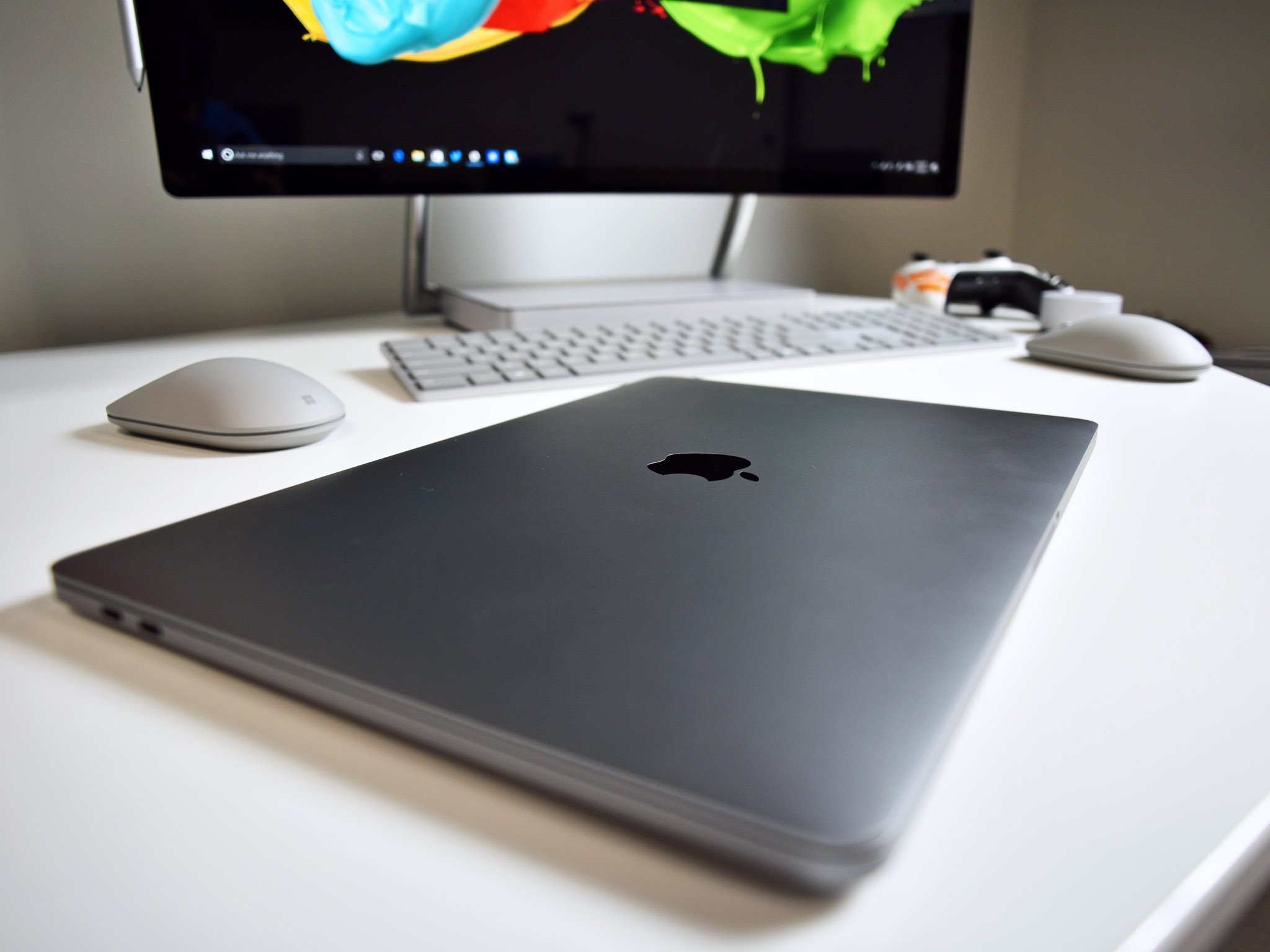
The case for buying a MacBook Pro essentially hinges around Apple's software and ecosystem. If it's something you're already invested in, then switching away might not be for you. And you can always dual-boot Windows 10 on it if you do also need to be able to access Windows for whatever reason.
It may sound simple, but Apple uses hardware you'll find in a bunch of Windows laptops, like Intel's processors, and on the 13-inch MacBook Pro, you're not even getting the newest, 10th Gen chips either right now.
Apps like Final Cut Pro alone can still be the reason to get a MacBook Pro.
That also means pretty poor graphics performance, so basically, you're buying a MacBook Pro less for the hardware (though it is good) and more for what Apple gives you on top. Something like Final Cut Pro, for example, if you're into video editing, may well be reason enough to get a Mac.
One party piece that the MacBook Pro does have, however, is Thunderbolt 3, something the ZenBook Duo doesn't. That means you have access to a host of accessories that support the standard from monitors to docks, and even eGPUs. So when you're at home or in the office, at least you can overcome the graphical inadequacy of the laptop by hooking it up to a full desktop graphics card.
The ZenBook Duo is a great value
If you're not attached to the Apple ecosystem, then there's a strong case to go for the ZenBook Duo instead. For one, it's priced similarly to a mid-spec MacBook Pro 13-inch but offers the latest 10th Gen Intel Core i7 processor and a dedicated GPU in the form of the NVIDIA MX250.
On a sheer performance comparison, the ASUS has the edge, and if graphics power is something you'd like to have in a compact laptop, then the MX250 is a solid performer. It's not really for gaming, but it'll do nicely to give your creative workflows a little added grunt.
All the latest news, reviews, and guides for Windows and Xbox diehards.
The ScreenPad Plus is what the Touch Bar would be if it were truly useful.
Lots of the hardware is comparable, and while the ZenBook Duo has a lower resolution display, it's hardly a dealbreaker at this size, and the color reproduction is still excellent. The big draw, however, is that ScreenPad Plus.
ASUS's secondary display is what the Apple Touch Bar would be if it were truly useful. Instead of being a sliver at the top of the keyboard that apps can put some controls and features on, it's an entire display panel with both touch and digital pen support. You can tap it, you can write on it, you can use it to display any application the laptop can run as well as some custom ones ASUS designed to help you get the best from it.
The best for most
For most people, the ZenBook Duo is a smarter overall choice. It's powerful, has that second display panel, dedicated graphics, and excellent battery life.
It's quite chunky for a 14-inch laptop, but that's a small tradeoff to make for all the brilliance on offer. The key feature is the ScreenPad Plus, and it genuinely changes how you're going to use a laptop. It makes Apple's Touch Bar look a bit weak by comparison.
Currently, it's not available in the US, but it is slated to go on sale there before the end of Q1 2020.
The Mac is still good for Apple fans
When looking at the base model MacBook Pro, in particular, the biggest reason to get one over the ZenBook Duo is that you're already a Mac fan, and you're invested in Apple's ecosystem.
There's nothing wrong with that, apps like Final Cut Pro are tremendous, and the MacBook Pro continues to be a good laptop. You can even put Windows on it if you want. But take the Apple software experience out of the equation, and you're not getting anything better for similar money.

Richard Devine is a Managing Editor at Windows Central with over a decade of experience. A former Project Manager and long-term tech addict, he joined Mobile Nations in 2011 and has been found on Android Central and iMore as well as Windows Central. Currently, you'll find him steering the site's coverage of all manner of PC hardware and reviews. Find him on Mastodon at mstdn.social/@richdevine
